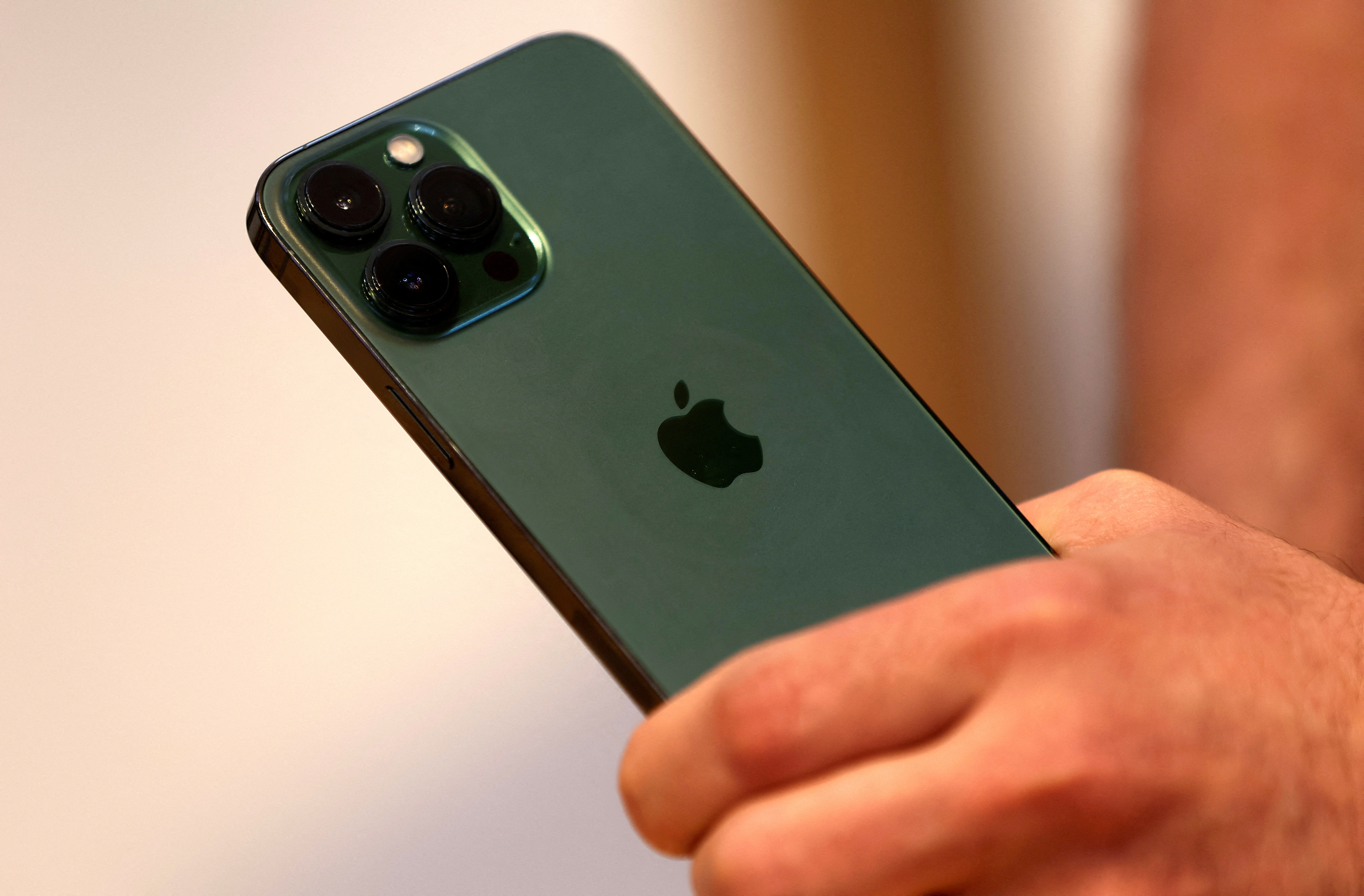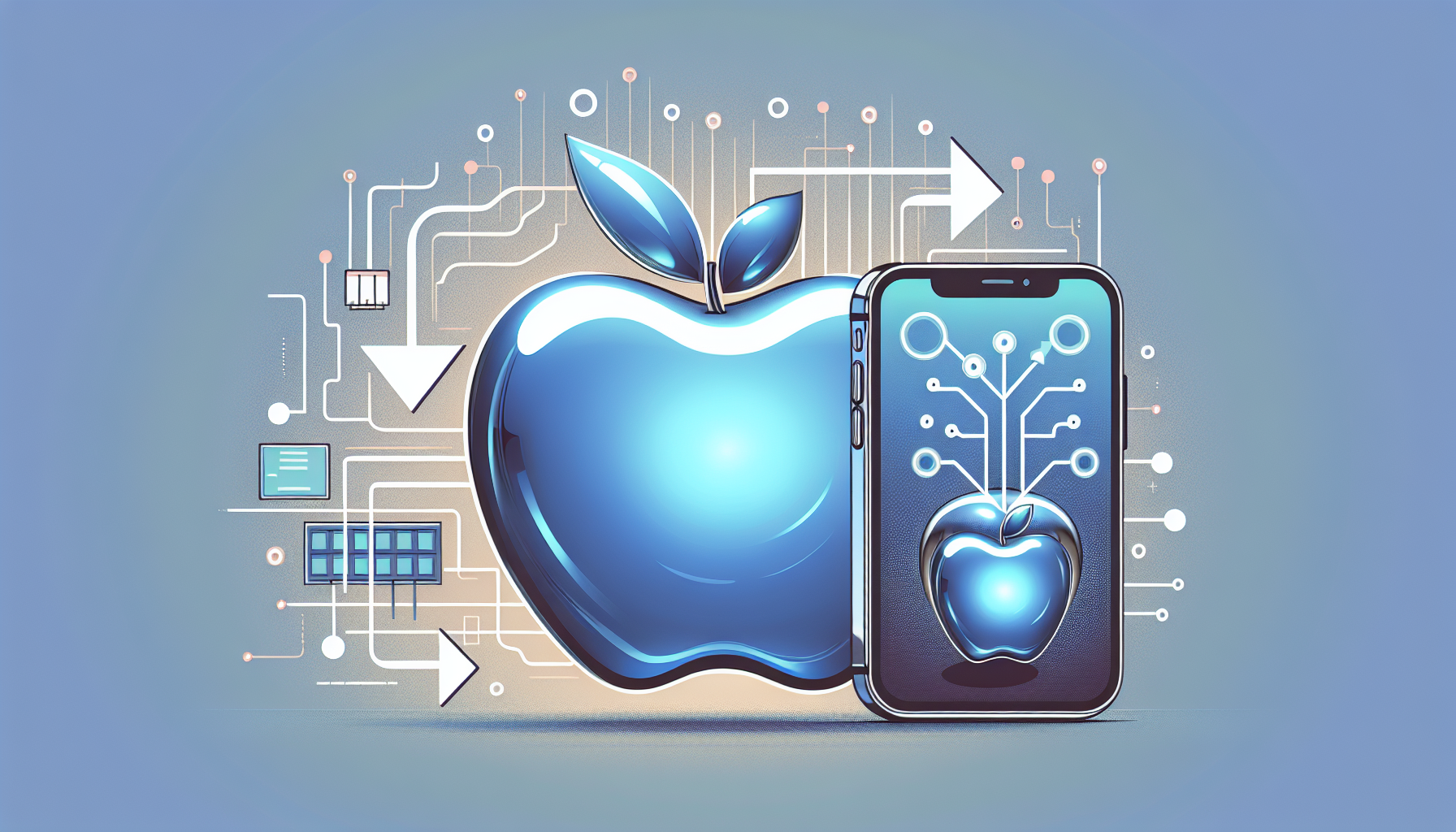
iOS 18: Why Apple’s AI Drive Surpasses iPhone Sideloading
Apple’s iOS 18 is on the horizon, poised to be one of the most impactful updates in recent times. Yet, the attention isn’t on iPhone sideloading—a feature that has ignited considerable controversy, especially within Europe. Instead, Apple is directing its efforts toward its extensive AI program, Apple Intelligence. This strategy highlights the company’s dedication to innovation and its priorities in a world increasingly shaped by AI.
What is Apple Intelligence?
Apple Intelligence is the new AI-centric feature collection debuting in iOS 18, although it is restricted to particular devices, specifically the iPhone 15 Pro, iPhone 15 Pro Max, and the forthcoming iPhone 16 series. This AI-enhanced functionality is set to transform user-device interactions by providing more tailored and contextually aware experiences. Apple Intelligence is capable of learning from your behaviors, predicting your requirements, and executing intricate tasks via voice commands, making it revolutionary for eligible users.
Nonetheless, the accessibility of Apple Intelligence is not universal. Due to its hardware specifications, only the newest iPhone models can utilize this feature, leaving millions unable to engage with Apple’s AI ecosystem for the time being.
Why iPhone Sideloading is in the Background
While Apple Intelligence is making headlines, iPhone sideloading is stirring a different sort of excitement, particularly in Europe. The Digital Markets Act (DMA) enforced by the European Union has compelled Apple to permit third-party app stores, third-party payment options, and the ability to modify default apps on iPhones within the European sector.
For many, iPhone sideloading signifies newfound liberty, allowing users to install applications beyond Apple’s closed environment and utilize alternative payment methods. However, this transition also poses potential risks, including diminished security and a fragmented user experience.
Despite the buzz, Apple appears less excited about sideloading, especially in contrast to its AI goals. The technology titan is evidently emphasizing its AI undertakings over the EU-required adjustments, indicating its vision for the future of mobile technology.
The Fragmentation Challenge: A Fleeting Hindrance?
The launch of Apple Intelligence also threatens to create what might be the most notable software fragmentation in iOS’s history. Only the latest iPhone models will support Apple Intelligence, potentially sidelining a significant section of the iPhone user community from these new functionalities. This separation might result in varied user experiences, with some iPhones showcasing substantially more capabilities than others.
However, Apple is expected to mitigate this fragmentation eventually. Beginning with the iPhone 16 series, all upcoming iPhones are anticipated to back Apple Intelligence, promising to provide consistent AI functionality across all devices in future updates. Although iOS 18 may bring initial challenges, the larger vision seems to aim for a unified, AI-enhanced experience for every user.
The Global Expansion Challenge
Apple Intelligence faces constraints not only from hardware but also geographical barriers. Currently, this AI feature is being trialed in the US and selected regions, with Europe notably missing. This omission primarily stems from ongoing negotiations between Apple and European regulators, which have postponed the feature’s rollout in that region.
For European users enjoying iPhone sideloading but lacking Apple Intelligence, this discrepancy might feel like a bittersweet trade-off. While they can benefit from the liberties provided by the DMA, they miss out on what many deem the future of iOS.
Why Apple is Committing to AI
Why is Apple focusing heavily on AI when iPhone sideloading is creating significant industry buzz? The key lies in the long-term value proposition. AI holds the potential to transform user interactions with their devices, rendering them smarter, more intuitive, and essential. Conversely, while sideloading provides immediate advantages, it does not correspond with Apple’s broader vision for a secure, cohesive ecosystem.
Additionally, AI is a natural progression of Apple’s emphasis on privacy and user experience. By maintaining control over the AI framework, Apple can guarantee that personal data is managed securely, which isn’t always the case with third-party applications and services that sideloading might introduce.
Conclusion
As iOS 18 launches, it becomes apparent that Apple is betting on AI as the cornerstone of future mobile technology. While iPhone sideloading offers certain advantages, especially in markets like Europe, Apple Intelligence embodies the company’s genuine perspective for what’s ahead. Although this emphasis has caused some fragmentation and delays, particularly in regions like Europe, the long-term rewards from Apple’s AI initiative are likely to surpass the temporary setbacks.
Q&A: Important Questions About iOS 18, Apple Intelligence, and iPhone Sideloading
Q1: What is Apple Intelligence, and which devices support it?
Apple Intelligence is a new set of AI-enabled features introduced in iOS 18, delivering personalized and context-aware experiences. However, it is limited to the iPhone 15 Pro, iPhone 15 Pro Max, and the upcoming iPhone 16 series.
Q2: What is iPhone sideloading, and why is it important?
iPhone sideloading allows users to download apps from third-party app stores and utilize alternate payment options. This capability is essential as it offers users increased flexibility but entails potential security concerns. The feature is mainly accessible in Europe due to the EU’s Digital Markets Act.
Q3: Why is Apple Intelligence not accessible in Europe?
Apple Intelligence is currently unavailable in Europe due to ongoing discussions between Apple and European regulators. Its rollout has been postponed, and it remains uncertain when the feature will be launched in the region.
Q4: Will other regions have iPhone sideloading?
While iPhone sideloading is currently exclusive to Europe, other markets like Japan and the US might see similar features in the future contingent on local regulations. However, Apple is likely not to implement sideloading globally on its own initiative.
Q5: How does Apple plan to tackle the software fragmentation due to Apple Intelligence?
Apple is anticipated to address the fragmentation concern by guaranteeing that all future iPhone models, starting with the iPhone 16 series, will support Apple Intelligence. This approach will likely deliver uniform AI capabilities across all devices in upcoming iOS updates.
Q6: Is Apple Intelligence worth upgrading my iPhone for?
If you are keen on the latest AI advancements and personalized experiences, upgrading to a device that supports Apple Intelligence could be worthwhile. However, if you are content with your current iPhone’s capabilities, the upgrade may not be immediately necessary.